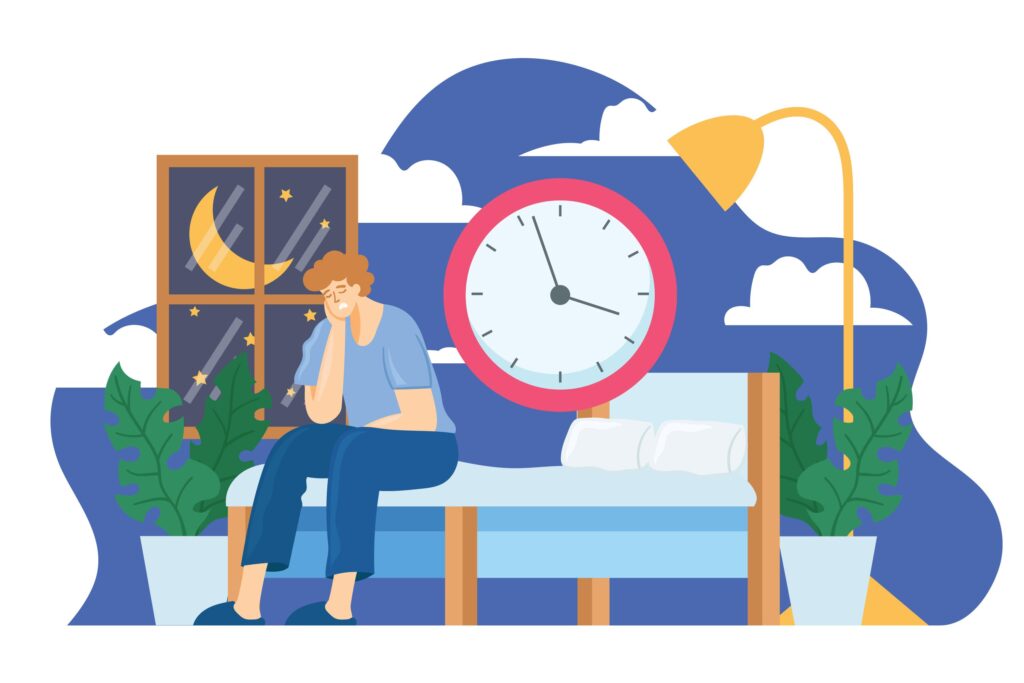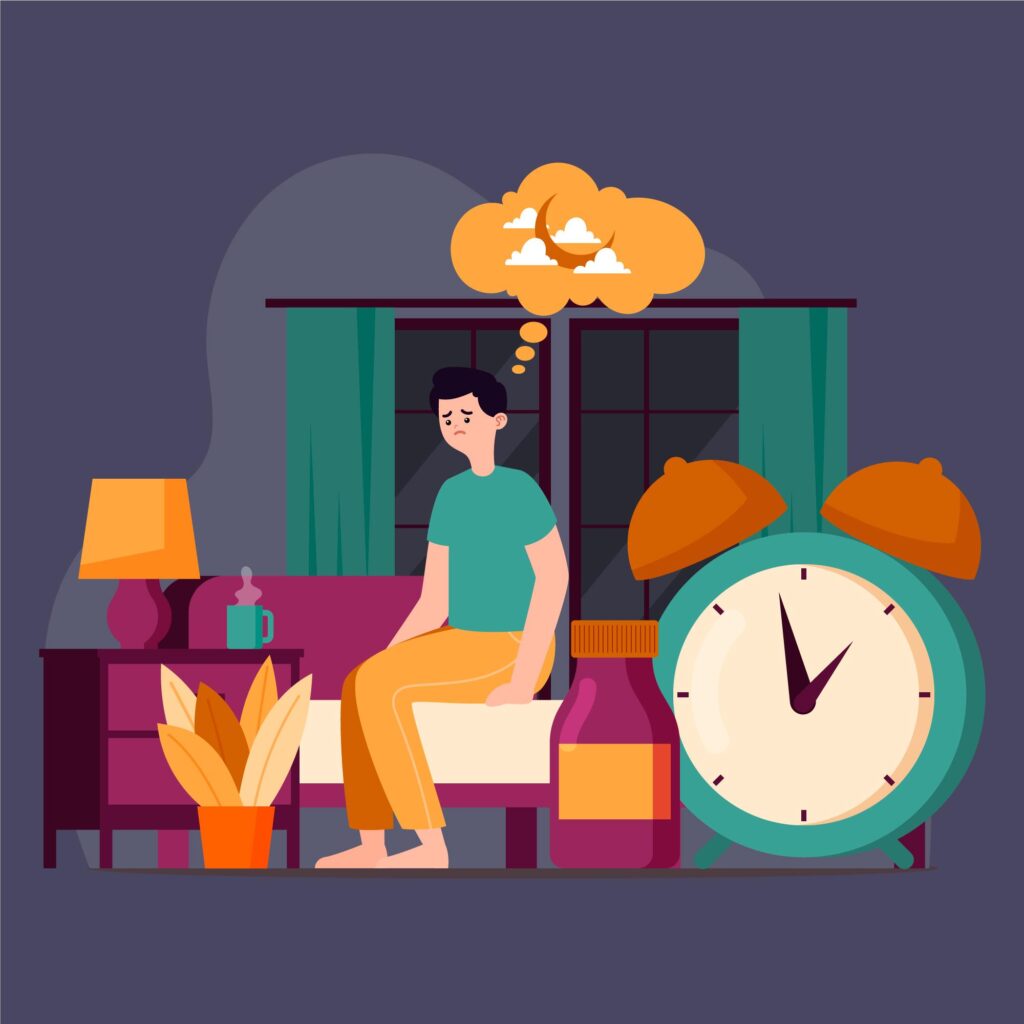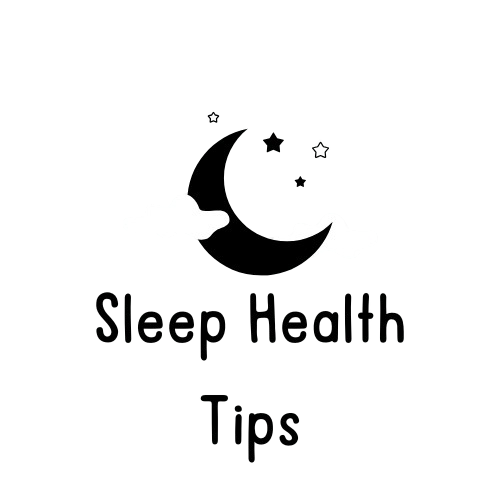Do you experience persistent exhaustion regardless of how much you sleep? You might have hypersomnia, which is characterized by excessive daytime drowsiness. It’s more than simply feeling sleepy; it’s a disruptive condition that may have a big effect on your everyday life and health. In this post, we’ll look at the most common causes of hypersomnia, discuss its symptoms, and provide practical recommendations for properly treating this sleep problem.
What is hypersomnia?
Hypersomnia is a medical disorder in which a person feels very sleepy throughout the day despite having had enough sleep the night before. Unlike regular fatigue, hypersomnia may make everyday chores, work, and relationships difficult to handle.
Primary vs. Secondary Hypersomnia
Primary hypersomnia is directly related to the brain’s failure to control sleep and waking cycles.
Secondary hypersomnia is caused by underlying medical issues, lifestyle choices, or environmental causes.
Understanding these characteristics aids in the identification of successful therapies and addressing the underlying reason.

Common Symptoms of Hypersomnia
Before we go into the reasons, let’s look at the common symptoms:
Symptoms may include persistent daytime sleepiness and extended sleep durations (over 10 hours).
Difficulty waking up despite several hours of sleep.
Brain fog and decreased focus.
Irritation and mood swings.
If you recognize these symptoms, it’s important to investigate the possible reasons.
The Leading Causes of Hypersomnia: 1. Sleep Apnea
Sleep apnea, which disrupts breathing while sleeping, is one of the most prevalent causes. These interruptions lower oxygen levels, interrupt sleep, and leave you exhausted.
How It Causes Hypersomnia
Interrupted sleep cycles impede restorative sleep.
Repeated awakenings inhibit deep sleep.
To alleviate symptoms, consider using CPAP devices or making lifestyle modifications like as weight control.

- Narcolepsy.
Narcolepsy, a neurological disease, is a leading cause of hypersomnia. It impairs the brain’s capacity to control alertness and sleep.
Symptoms Specific to Narcolepsy
Sudden sleep attacks.
Loss of muscular control (cataplexy).
Sleep paralysis
Tip: Consult a professional about specific therapy alternatives such as stimulants or sodium oxybate.
- Poor sleep hygiene.
Modern lives characterized by late-night screen use and unpredictable schedules may contribute to hypersomnia. Poor behaviors disturb circadian cycles, resulting in persistent weariness.
Corrective Measures
Maintain a steady sleeping routine.
Avoid caffeinated beverages and large meals before sleep.
Optimize your sleeping environment for relaxation.
- Depression & Anxiety
Sleep difficulties are often linked to mental health issues. Depression, in particular, may result in excessive sleep as a coping technique.
Why It Matters
Changes in neurotransmitters affect sleep regulation.
Hypersomnia may exacerbate mental health issues.
Advice: Seek therapy and try other methods to address underlying concerns.
- Neurological Disorders.
Conditions such as Parkinson’s disease, multiple sclerosis, and head traumas may all contribute to hypersomnia by disrupting brain function.
Relationship to Hypersomnia
These illnesses impair the brain regions that control sleep-wake cycles.
Damage may cause an imbalance in neurotransmitter levels.
Insight: A multidisciplinary strategy that incorporates neurology and sleep medicine is essential.
- Medication and Substance Use
Drowsiness is a possible adverse effect of several drugs, such as sedatives or antihistamines. Similarly, drug misuse may interrupt normal sleeping habits.
To address this, review drugs with your healthcare professional.
To minimize disrupted sleep, limit your alcohol and drug consumption.
- Chronic Fatigue Syndrome(CFS)
CFS causes persistent fatigue that does not improve with rest. It often overlaps with hypersomnia, making diagnosis difficult.
Symptoms of Chronic exhaustion Syndrome include extreme exhaustion lasting more than six months.
Symptoms worsen after mental or physical exercise.
Effects of Hypersomnia on Daily Life
Hypersomnia can not just cause sleepiness; it may also lead to:
Reduced work productivity
Strained personal connections
Increased likelihood of accidents
Mental health challenges
Effective Management Strategies for Hypersomnia
- Medical Interventions.
Use doctor-prescribed stimulants to enhance wakefulness.
Consider cognitive-behavioral treatment for sleep (CBT-I). - Lifestyle Adjustments
Regular exercise increases energy levels and modulates sleep patterns.
To alleviate stress, practice mindfulness or yoga. - Diet & Nutrition
Choose nutrient-dense meals to keep your energy levels up.
Avoid sugary snacks and instead eat healthy grains and protein-rich meals.
When to See a Doctor?
If hypersomnia continues after lifestyle improvements, see a specialist. They may recommend:
Polysomnography (Sleep Study)
Multiple Sleep Latency Tests (MSLT)
Customized medicine plans
Conclusion
Hypersomnia may affect every aspect of your life, but recognizing the reasons and adopting proactive actions can help you regain your energy and well-being. Whether it’s treating an underlying problem or changing your everyday routines, effective management is within grasp.
If you are experiencing chronic symptoms, do not hesitate to seek expert assistance. After all, good sleep is the cornerstone of a healthy lifestyle.
FAQs: 1. Can hypersomnia be cured?
While there is no universal cure, many patients improve with appropriate therapy and lifestyle changes.
- Is hypersomnia equivalent to narcolepsy?
No, narcolepsy is a unique neurological illness, while hypersomnia is extreme drowsiness caused by a variety of factors. - How long may hypersomnia last?
It varies according on the reason. Some instances respond to therapy, while others may last a long time. - How can hypersomnia effect mental health?
Yes, hypersomnia may exacerbate sadness, anxiety, and other mental health problems since it impairs everyday functioning. - Are there any natural therapies for hypersomnia?
Improved sleep hygiene, regular exercise, and stress management may naturally ease symptoms for some people.

